Your classic British scone but with a fruity twist. Blueberry Scones are the new taste of summer!


There’s a few scones that I consider the classic. Plain, Fruit, Cheese, Cherry and Treacle.
I’ve already shared recipes for Fruit Scones, Cherry Scones and Cheese Scones. Plain and Treacle are currently in the works – promise!
In the meantime, I felt inspired to give Blueberry Scones a go. I was recently at a Garden Centre café with my mother-in-law, when she ordered a scone and was presented with the option of a blueberry scone. I’d never really considered putting blueberries in a scone before that. I think because I’m just so familiar with the classics.
But blueberries work so well in muffins, so why not add them to a scone?
In these blueberry scones you’ll have that unmistakable scone taste & texture; but with the delightful addition of little juicy bursts of fresh blueberries. Why not take it to the next level with some blueberry jam to serve.

How to make Blueberry Scones?
Blueberry Scones are really easy to throw together in a matter on minutes. You start by sifting your flour & baking powder, before mixing through the sugar.
Next you rub in the cold butter with your finger tips until you have a sandy consistency, before stirring your blueberries through.
Then you add the liquid – in this case some milk and yoghurt. To turn it all into a dough, you gently bring your wet and dry ingredients together with your hand. Scones require a soft touch, and you don’t want to squish all the blueberries either!
A quick (but gentle!) knead to bring it into a soft dough, before stretching it flat to cut your individual scones with a cookie cutter.
Finally, you brush the tops of your scones with a little milk before baking in a hot oven.
Can I use frozen blueberries in scones?
Yes! My preference is to use fresh blueberries but you can swap them for frozen blueberries.
A couple of things to note though: Don’t thaw your blueberries if you are using frozen. If they are blueberries you have bought frozen, they likelihood is that when you defrost them, they will probably be coated in some juice. This juice will quite literally turn your scones blue, when you mix the blueberries into the dough!
Also, don’t worry about the fact they are frozen. Blueberries are so small that they will start to defrost as soon as they touch the other ingredients, as well as your hands. And once they hit the hot oven, they will completely defrost and bake in no time.
What's the secret to a good scone?
For all our top tips in achieving a great scone, see Granny’s Top Tips below. But to summarise, the secret to great scones is:
- Cold ingredients & a hot oven.
- Scones require a soft touch. Don’t over-mix, over-knead, over-handle…the scone dough.
- No rolling pins, just stretch the dough with your hands.
- Don’t twist your cutter & don’t let your milk/egg glaze run down the sides.
- Let your scones rest before baking.

Ingredients:
Self-raising Flour
Scones are generally quite dense in texture but there are a few elements in the ingredients that help prevent them from being like biting into a rock. One of those is the raising agents. Self-raising flour already has a raising agent incorporated…as the name would suggest.
Baking Powder
As well as the raising agent in the flour, baking powder adds a bit of lift to scones.
Baking powder is a convenient choice as it is a ready-mixed leavening agent, generally made of bicarbonate of soda and cream of tartar (usually some cornflour too). In fact, our Fruit Scone Recipe simply uses a combination of bicarbonate of soda and cream of tartar, as opposed to baking powder.
Caster Sugar
In terms of scones, Blueberry Scones would fall into the “rich scone” category. Traditionally this would also mean the addition of an egg alongside the sugar, however in this recipe the caster sugar is all that is called for.
Margarine or Butter
In terms of flavour, butter is always king when it comes to baking scones. However, when it comes to texture, a decent block margarine can be just as good. You want your butter/margarine to be cold though, as this will allow you to crumble it into the flour & sugar without it turning to mush; instead you want it to make a sand-like consistency. It is these little “grains” of buttery sand that will melt during baking, leaving a beautiful air-pocketed texture within your scones.
Milk
The liquid that brings it all together. You can use whichever milk you prefer, but a full-fat milk produces the richest scones. Dairy-alternative milks also work great in scones, with soya being my personal favourite.
Yoghurt
Not a traditional addition for scone recipe purists, however the choice to add yoghurt to your recipe goes beyond taste – more-so, it is science! The acid in the yoghurt reacts with the alkaline in baking powder, causing a chemical reaction. For those like myself who never excelled in chemistry…it basically makes some bubbles in your batter and in turn, an even lighter textured scone.
The choice of yoghurt is yours however. A plain yoghurt is great, as it a soya yoghurt or a coconut yoghurt (what is used in these photos). Generally speaking, you want to use a yoghurt that isn’t too sweet or flavoured.
Common alternatives that can be used in the same way as yoghurt include buttermilk and sour cream.
Blueberries
The little bursts of flavour and colour in this Blueberry Scone recipe. I prefer to use fresh blueberries but you can use frozen too. Don’t let them thaw though, just use them frozen – letting them thaw can mean they are softer and harder to mix through your dough without making a mess. Don’t worry, blueberries are small enough that they will defrost pretty quickly whilst baking and they won’t have a huge impact in your scones over all.

Granny's Top Tips
• For great scones you want cold ingredients and a hot oven. Use margarine/butter that is a little cold and ensure you fully pre-heat your oven.
• Try to get as much air into your dough by sifting the dry ingredients from a bit of height and raising your fingers as you rub in the butter.
• Scones require a soft touch so don’t be too rough with your mixing and kneading. You also risk bursting your blueberries before baking, if you’re too heavy-handed.
• Put down the rolling pin! Simply stretch out your dough with your hands. And always leave it a little thicker than you think you should.
• When you cut your scones from the dough DO NOT twist your cookie cutter. This will twist the edges of the dough and prevent them from rising as well. And by doing so, you will make Granny want to cry.
• Always leave your scones to rest before baking. This lets the gluten in the flour rest. 10 minutes is ideal but if you can do longer, even better.
• A beaten egg gives the best colour to scones when brushed on top but milk is my personal preference. Just be careful that you don’t let it run down the sides of your scones or it could effect the rise.

Love this? Try this:

Blueberry Scones
INGREDIENTS
- 450 g Self-raising Flour
- Pinch of Salt
- 2 tsp Baking Powder
- 50 g Butter or Block Margarine
- 50 g Caster Sugar (Superfine Sugar)
- 125 g Blueberries fresh or frozen
- 200 ml Milk
- 100 ml Plain Yoghurt dairy, soya, coconut...
INSTRUCTIONS
- Pre-heat your oven to 220°c (200°c for fan assisted oven, Gas Mark 7 or 425°F). Grease two baking sheets with a little butter and set aside.
- Sift the flour, salt and baking powder into a large bowl, holding the sift up to allow some air into them. Gently stir in the sugar.
- Using the tips of your fingers, rub in the margarine/butter to the dry ingredients, again lifting as you do to allow air in. Continue until you have a sandy consistency.
- Stir in the blueberries and create a well in the middle. Whisk the milk and yoghurt together before pouring into the well. Using your hands, gently bring the ingredients together to form a soft, slightly sticky dough.
- Turn out onto a floured work surface and gently knead together, before stretching the dough to about 2-3cm thickness.
- Using a cookie cutter of your choice, cut your scones out and place them onto your pre-greased baking sheets. The smaller your cutter the more scones you will get. Reform and stretch the dough as required to use all of the dough.
- Leave your scones to rest on the tray for about 10 minutes before brushing the tops with some extra milk.
- Bake in your pre-heated oven for 10 minutes. If you are making smaller scones, keep a close eye on them as you may need to reduce the baking time to suit.
- Once cool enough to touch, transfer to a wire rack to cool completely or enjoy whilst still warm.
IMPORTANT NOTE:
All my recipes are developed using a digital scale and the metric system (grams and millilitres). Cup measurements are available as a conversion but these, unfortunately, won't always be as accurate. For best results, I always recommend baking with a digital scale.
Free-from & Vegan
Nut-free: There are no nuts used in this scone recipe but, as always, be sure to double check your individual ingredients allergens list.
Dairy-free: To make this a dairy-free Blueberry Scones recipe, simply use a dairy-free milk, yoghurt & margarine.
Vegan: As there is no egg in this scone recipe, simply follow the dairy-free tips above to make these a Vegan Blueberry Scones recipe. The scones pictured are actually vegan, made with dairy-free margarine, soya milk and yoghurt.








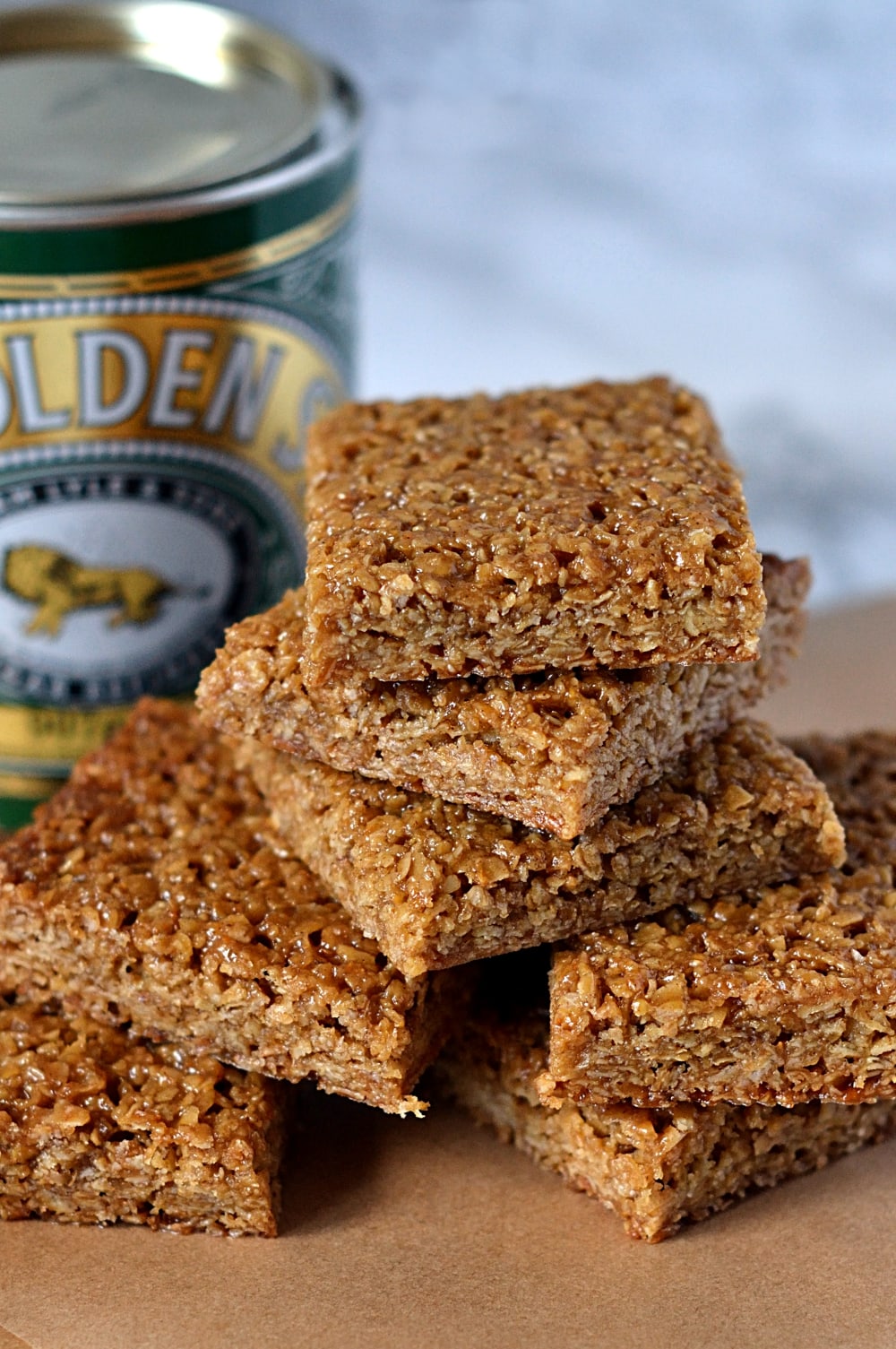

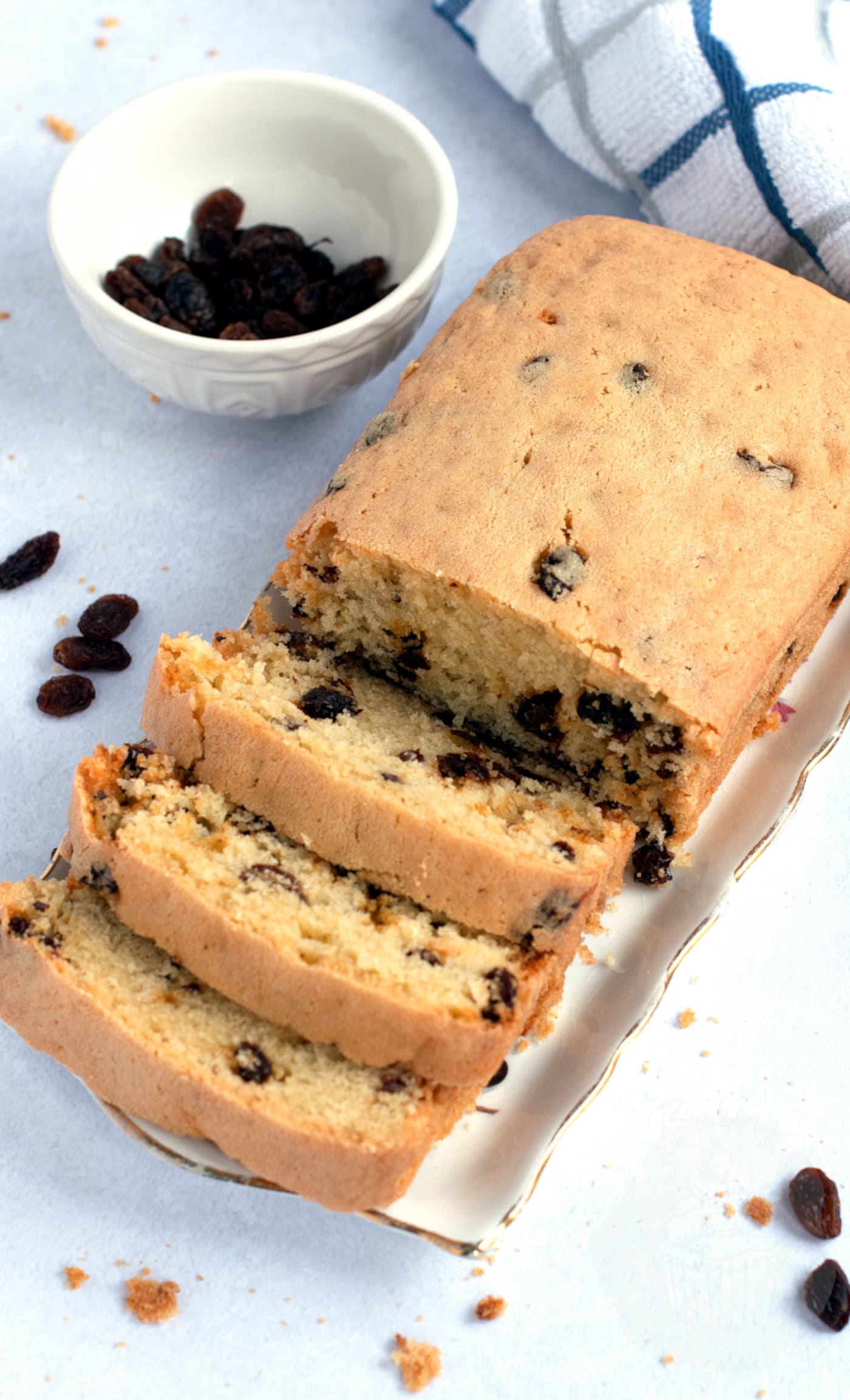
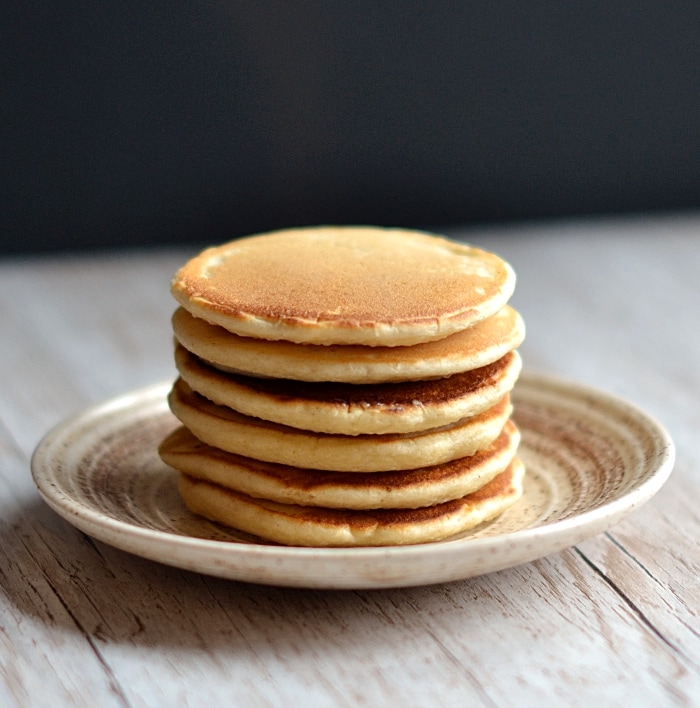
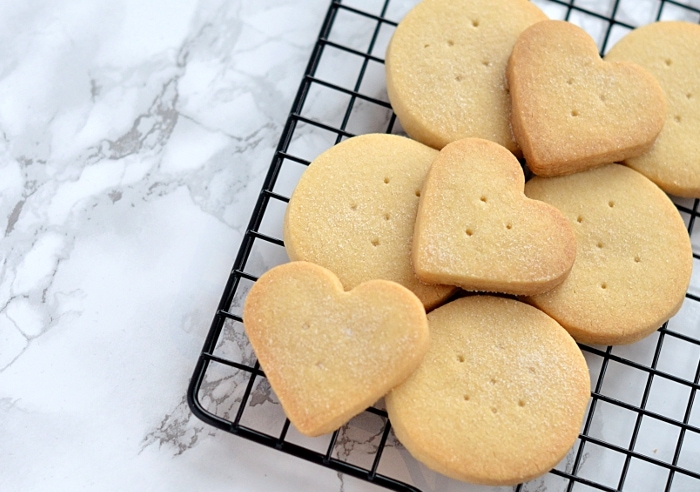








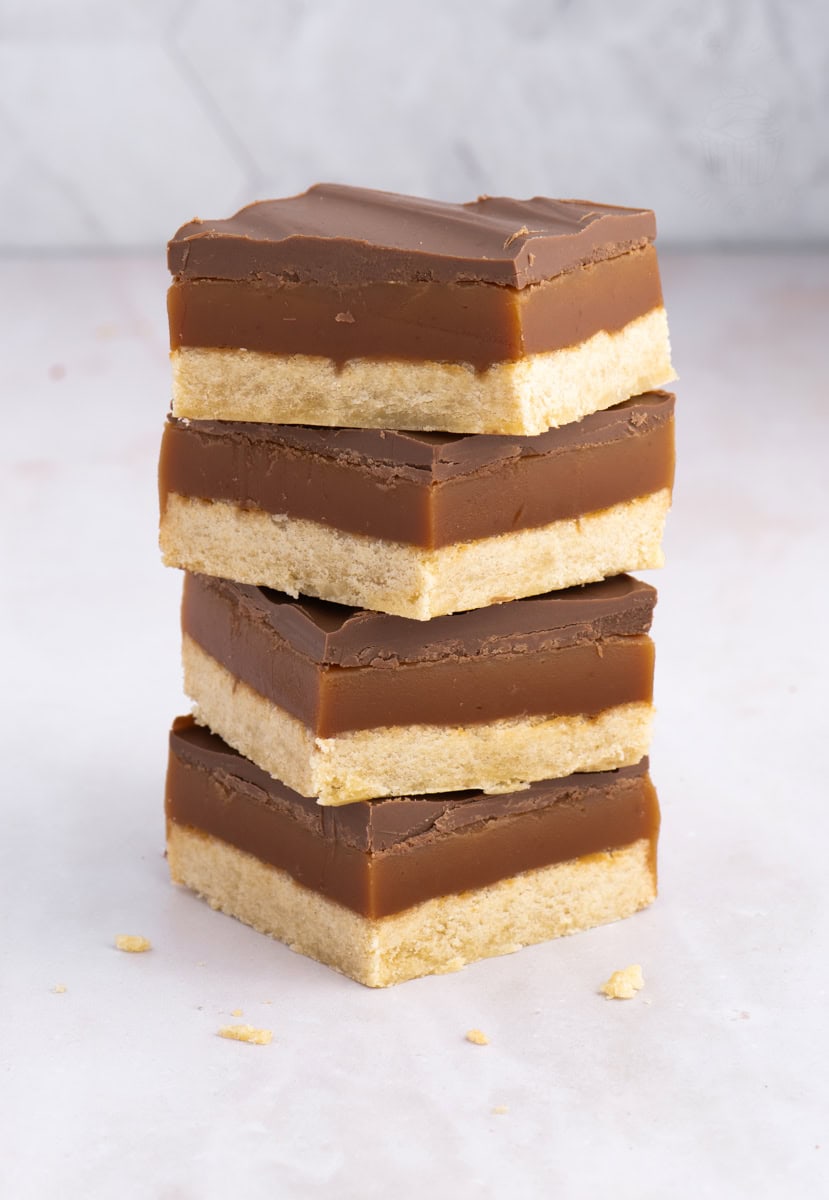

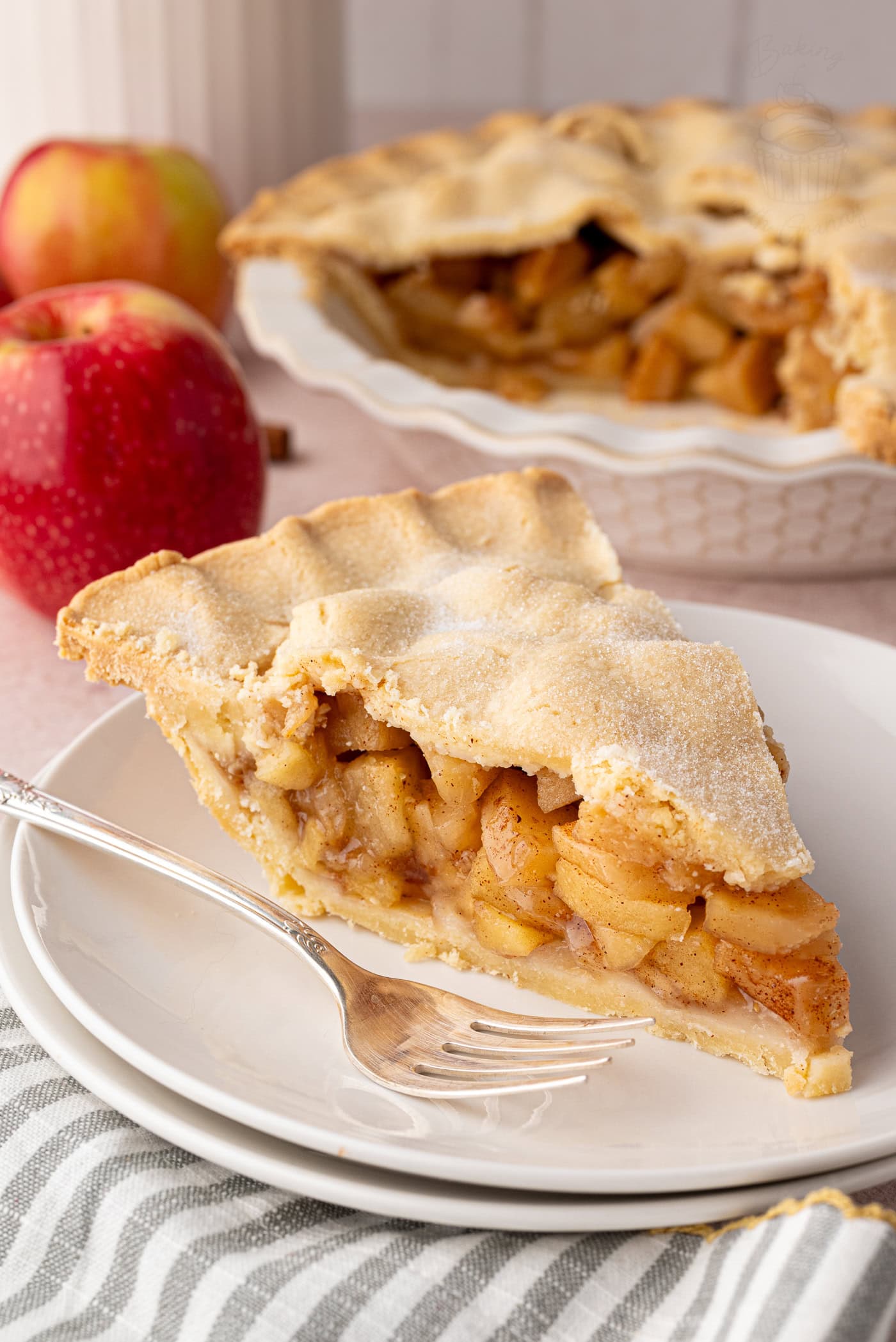


13 responses
Good morning,
Making the blueberry scones this morning, just wondering how much butter/marg i should use?
Many thanks,
Regards,
Eileen.
Hi Eileen. My apologies! Not sure how I missed that. Recipe updated with butter/margarine now.
Many thanks Amy, will give it a go tomorrow.
Regards.
Eileen
Hi Amy
Just love your web page.
Can i use Cream of Tartar on it’s own without bicarb and if so how much should i use
Thank you
Margaret
PS Hope you have a lovely holiday
Hi Margaret. You can use Cream of Tartar! Swap the Self-raising Flour for Plain Flour, and use 2 tsp of Cream of Tartar & 2 tsp of Bicarbonate of Soda instead of the Baking Powder. Hope that helps!
Okay if I omit sugar? Or what is a healthy substitute?
Hi John. You could try omitting the sugar but this will of course alter the taste a little. The blueberries may be enough to stop this being an unpleasant flavour change but personally I think they do need a bit of sweetness from the sugar. Hope that helps!
I love Scones but so many these have a acidic taste
( Sorry Best way I can describe)
I have always assumed this was due to an excess of the Baking soda? Is it? Or something else. Will certainly give your recipes a go.
Hi Neil. I don’t find these scones to be too acidic. There is the raising agents in the flour, and some extra baking powder added too. But these are put to work with the addition of the yoghurt, so hopefully won’t leave an overpowering acidic taste for you. Hope that helps!
Tried this after good success with cherry scones. Certainly the best ever!
I don’t feel this works so well for me as after cutting out the first ones, when I reshaped the dough I got a blueberry mess! Formed them more like rock cakes and didn’t try to use a cutter. They still tasted good but not really presentable!
Simple with wonderful results, really light and enjoyable scones. Had to cook them 5-6 minutes longer than recommended but turned a nice golden.
Hello – do you suggest salted or unsalted buter for this recipe please?
Avery, I love Scones have good taste delicious a classic. I am beginner.